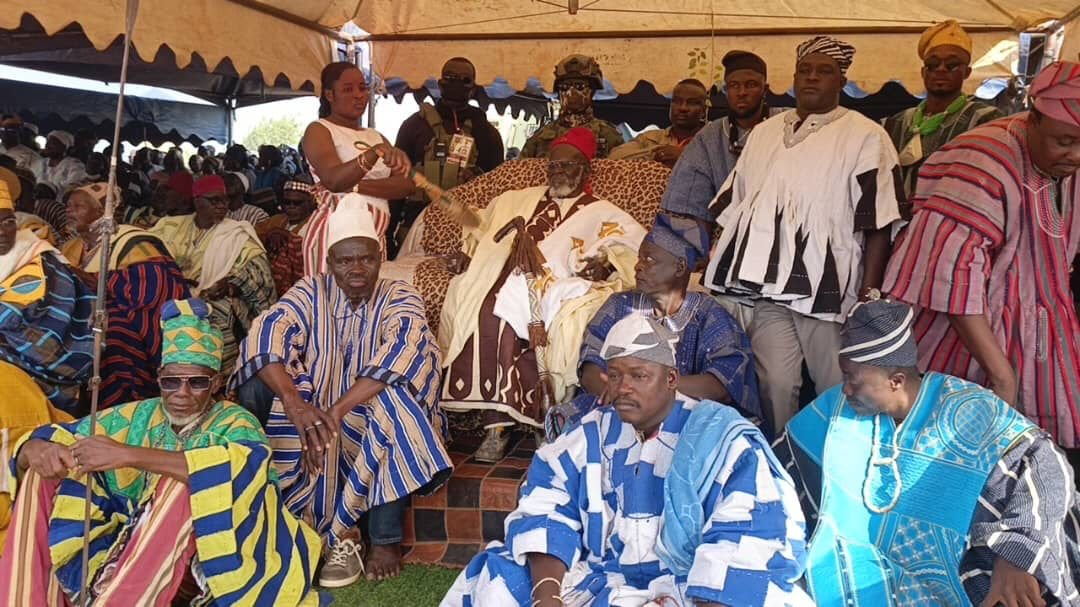ARTICLE AD
The number of vigilante groups operating in the country has increased from 27 to about 72, as captured under the Vigilantism and Related Offences Act 2019 (Act 999), a security analyst, Dr Adam Bonaa, has indicated.
According to him, most of these groups were no longer operating as vigilante groups as they had changed to become registered private security agencies, while some serve as escorts for political parties, which made it difficult to identify them.

Dr Bonaa has, therefore, called on the Minister of National Security, Mr Albert Kan-Dapaah, to investigate their operations and ensure that leaders of those groups were arrested and prosecuted.
He made the call at the second democratic lecture series held in Accra on Monday and organised by Care For Free and Fair Elections, Ghana (“Care Ghana”), a civil society organisation, in partnership with Friedrich Ebert Stiftung (FES).
It was on the theme, “Ghana’s democratic development: Assessing the implementation of the Vigilantism and Related Offences Act of 2019 (Act 999) for ensuring peaceful December 2024 Elections.”
“We have about 27 vigilante groups such as the Hawks, the Invisible Forces, the Delta Forces, and the Crocodiles that were captured under Section 2 of the Vigilantism and Related Offences Act 2019 (Act 999). But now the number has gone up to about 72, and who is taking note of this?” Dr Bonaa said.
“The National Security Minister can’t tell me he doesn’t know of this. It is his duty to ensure that when these things come, and on one or two occasions, you investigate, and get some people arrested and prosecuted, it will serve as a deterrent,” Dr Bonaa added.
The security analyst said that despite the achievements that had been made following the promulgation of the Vigilantism and Related Offences Act 2019 (Act 999), such as the disbandment of the first 27 vigilante groups captured under the Act, recent incidents of happenings in Bawku, and the clash between the supporters of the two major political parties at Maamobi were a cause of concern.
He said the delay in the prosecution of individuals caught in vigilantism acts such as the Ayawaso West Wuogon bye-election violence that claimed eight lives made the citizenry lose trust in the country’s justice system, especially ahead of this year’s elections.
Dr Bonaa emphasised the need for dialogue among stakeholders in addressing issues of electoral violence, as well as the strengthening of law enforcement agencies.
He also cautioned against the deployment of the military in the upcoming December 7 elections as their role was constitutionally defined.
For his part, the Head of Political Science Department of the University of Ghana (UG), Legon, Professor Alidu Seidu, said “vigilantism has become a big business as there is a demand and supply to it.”
He explained that vigilantism was used by politicians who had influence in their political parties as an advantage to keep control and be relevant and considered as an investment by the youth of political parties.
This, he said, among other factors such the protection of members of vigilante groups by influential figures including politicians against the law, had made it difficult for the proper implementation of the Vigilantism and Related Offences Act 2019 (Act 999).
The lecture was attended by various dignitaries, including the former chairman of the National Democratic Congress (NDC), Dr Samuel Ofosu-Ampofo.
BY BENJAMIN ARCTON-TETTEY

 2 months ago
39
2 months ago
39 

